
Browse our fun-packed, helpful plant-based articles, and delve deeper into this healthy, sustainable lifestyle!


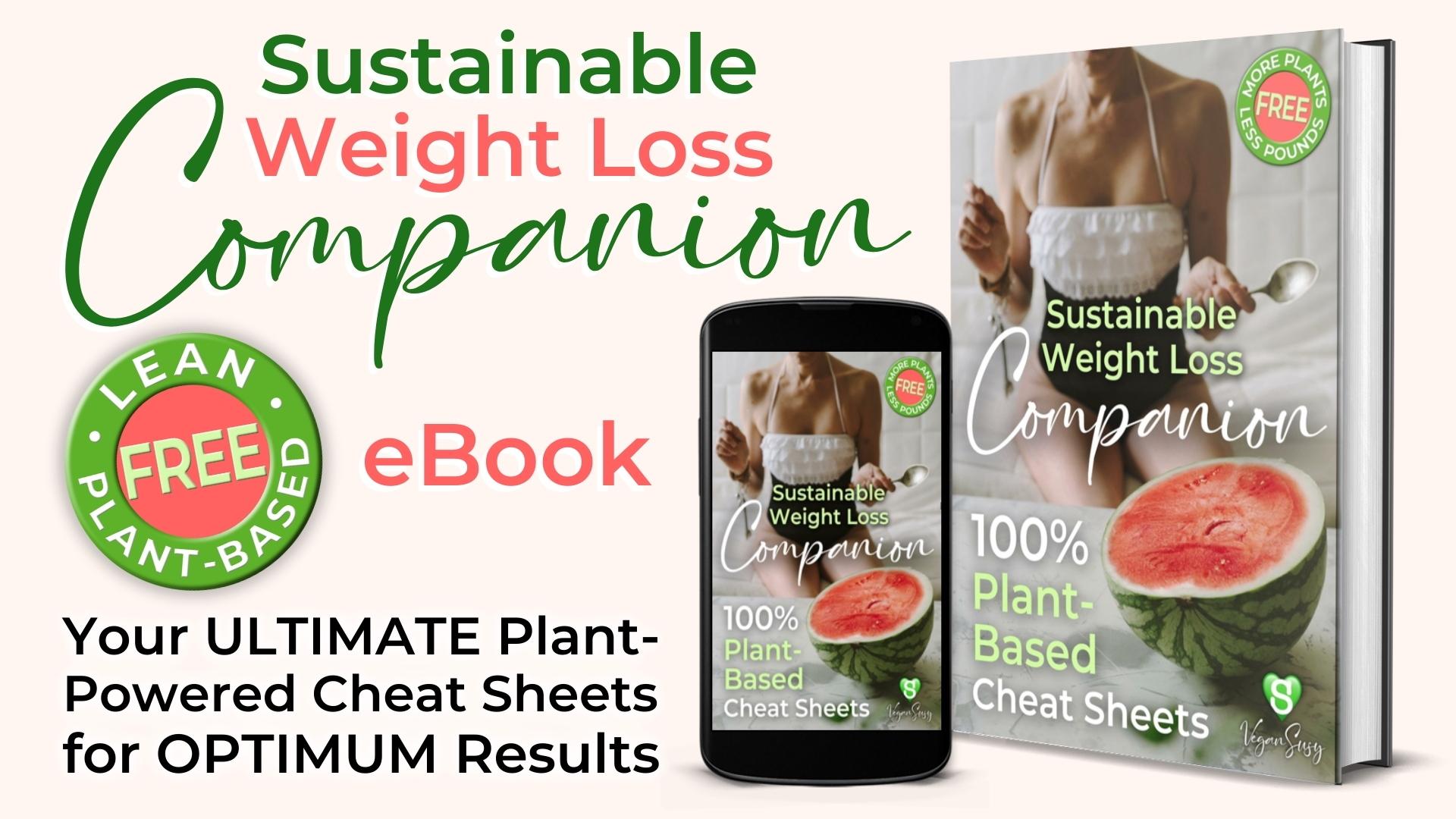
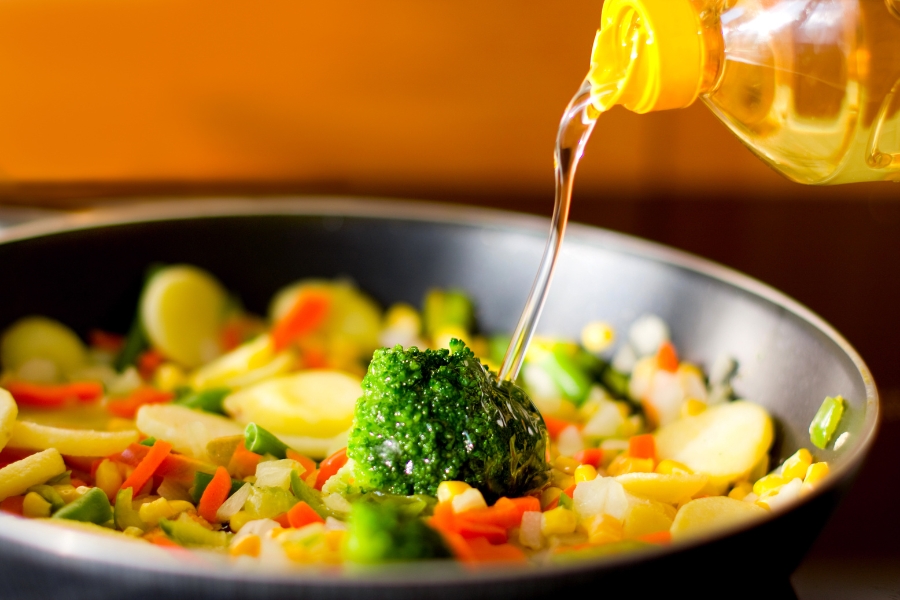
Magic in Oil-Free Cooking: Savour Flavourful, Plant-Powered Weight Loss
Plant-Based Fat Loss For Women
Author: Plant-Based Susy
Many of us grew up with parents who used excessive amounts of butter in home-cooked meals or visited restaurants that loaded their dishes with oil. Let's face it: this stuff tastes good. That's why cooking delicious food without oil initially sounds a little wild, if not downright weird!
Greasy and oily foods are tasty, making them difficult to resist. Just because something tastes good doesn't mean we should always indulge in it. We're not saying you need to cut out oil completely or that all oils are incredibly unhealthy, but limiting your intake is worth considering. In doing so, you will be helping your body feel and look its best.
Oil-free cooking has become more popular over the past few years. The many benefits of this decision are hard to ignore, including fat loss and a little help consuming fewer processed ingredients. The best part is that oil-free cooking is not only possible but also pretty simple. If you're ready to try this healthy habit, there's plenty to know first.
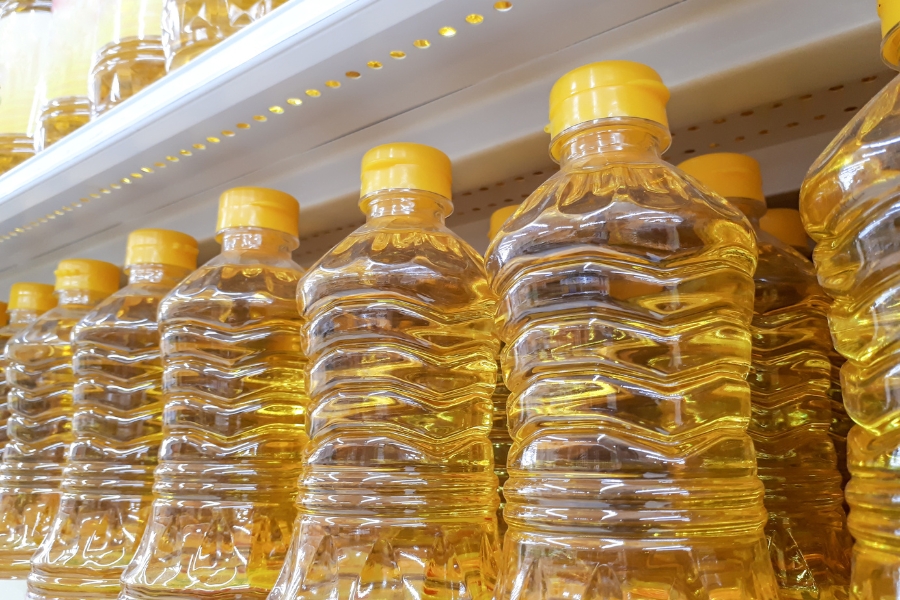
Table of Contents:
Oil has been a staple in cooking for a long time, so why question it now?
In recent times, the refined edible oils industry has exploded, fuelled by aggressive marketing and powerful lobbying. Once a simple cooking staple, oils now permeate a plethora of processed and fast foods, contributing to a concerning trend: the rise of obesity and related health issues in the Western world.
Hidden in packaged snacks and restaurant dishes, refined oils often lead to unwitting overconsumption of unhealthy fats, exacerbating the obesity epidemic. As we reassess the role of oils in our diets, it's crucial to examine not only their nutritional impact but also the economic forces and marketing strategies driving their widespread use.
Over the past decade, there has been a significant increase in greenwashing. This is where companies claim their products are clean or suitable for the environment without backing it up. There is little stopping big companies from saying their products are natural and green when they aren't. There are a few more rules regarding claiming foods as healthy, but more are needed.
Advertising and marketing are very tricky to see through. On top of that, there are countless nutritionists worldwide with different opinions and researchers who conduct studies that contradict each other. All of this information makes it easy to get confused or even be fooled into thinking that things are better for you and the planet than they actually are.
Maybe oil is weighing you down, or you just don't like the feel, texture, or flavour of greasy dishes. It's easier to stick with what you learned growing up than to further educate yourself or branch out into new techniques. Questioning things can really only help. You'll either find a new path that works better for you or truly understand why you do what you do.
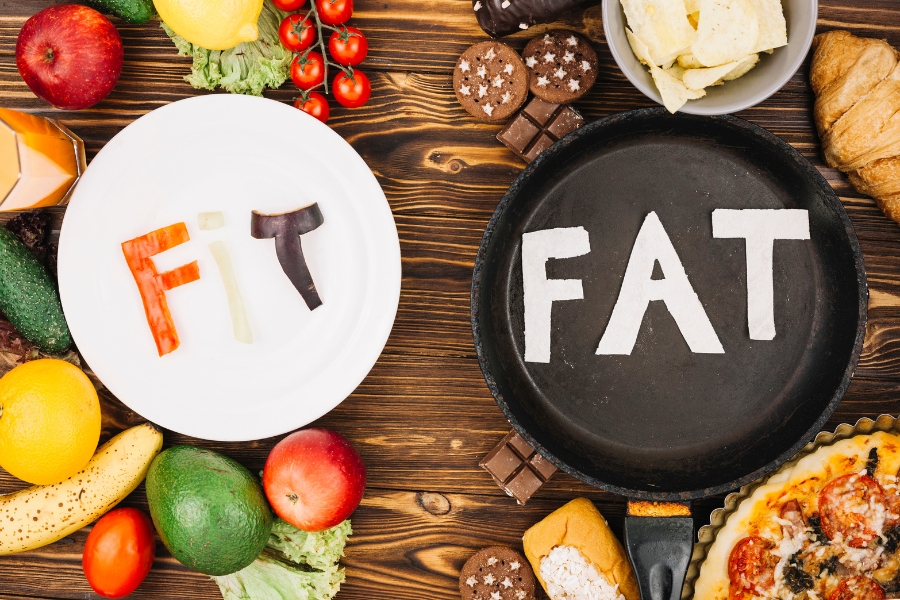
Is edible oil unhealthy?
Some say coconut oil, olive oil, and flaxseed oil are healthy, but just because they're a better choice than animal fats and trans fats and hydrogenated fats, doesn't mean they're that much healthier for us.
According to Harvard, including some oils in your diet at home can be positive, as oils and fats contain essential fatty acids. Omega-3 fatty acids are suitable for the heart, lungs, immune system, endocrine system, and blood vessels. Omega-6 fatty acids are crucial for brain function, growth, and development. These are essential nutrients, but it is easy to consume too many.
Omega-3 and omega-6 fatty acids are meant to be consumed in a 2:1 ratio, but due to the large amounts of high-refined fat in many diets these days, they tend to be consumed in a daily ratio of 15:1. A significant culprit for this is oil, many of which are loaded with omega-6s.
Consumption of olive oil in modest amounts has been linked to a lower risk of dying from heart disease, respiratory disease, neurodegenerative disease, and cancer. Other sources say olive oil worsens endothelial function like any other oil. A similar case has been made for other plant-based oils.
The bottom line is that animal-based oils aren't good for you, but plant-based oils are okay in moderation. Neither is incredibly healthy.
It's best to get your daily dose of healthy, good-for-you fats from eating whole foods, such as olives, avocados, nuts and seeds.
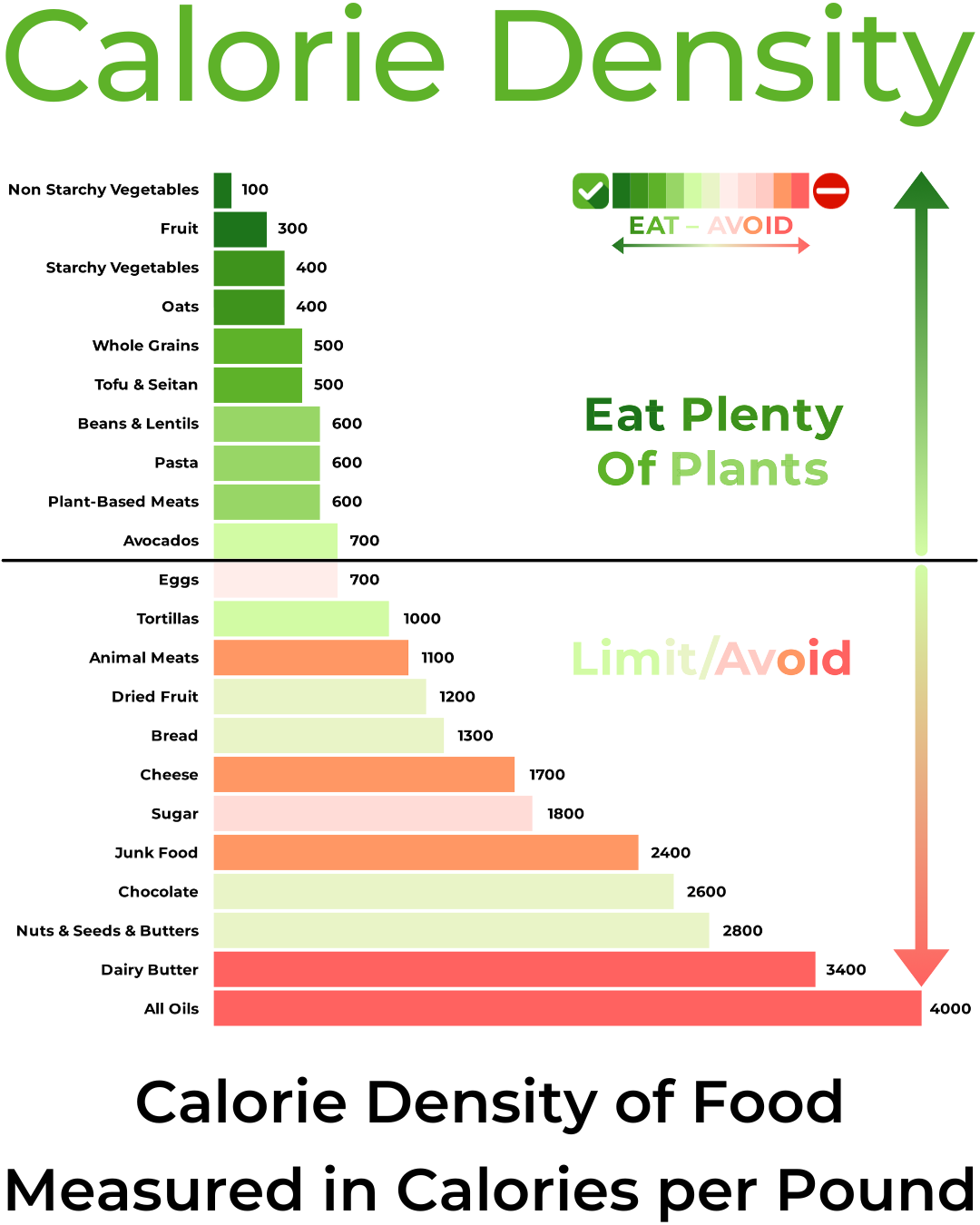
Why should I stop cooking with oil?
If plant-based oils are okay in moderation, why should you stop cooking with them? Cutting out oil can be helpful if you want to eat healthier and more nutritious meals, really want to lose weight, or deal with chronic inflammation.
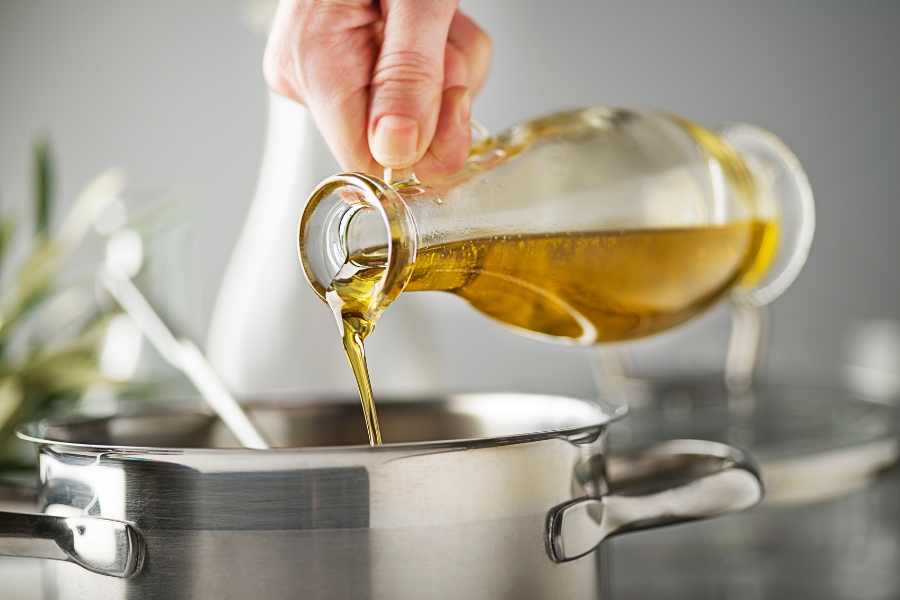
Oil-free cooking can help with weight loss
Oil-free cooking is way healthier than throwing tons of oil and butter in a pan. Both of these ingredients are high in calories. Oil being highly caloric is okay on its own, as your body needs calories to survive, but it can be hard to keep track of just how many you're getting.
A tablespoon of oil here and there, now and again, every time we cook, can soon add up to hundreds and thousands of calories. Many people use too much oil when preparing a meal, and it's easy to add more and more as you make your way through the cooking process.
These ingredients are full of fat and calories, so cutting them out can assist in weight loss. Many oils also contain a decent amount of salt; cutting some out of your diet can help you maintain a healthy lifestyle.
Most oils are highly processed
Branch Basics explains, "Refined oils are vegetable, nut, or seed oils which have been highly processed to make them more shelf-stable. Yes, all pre-made oils are somewhat processed via different extraction methods."
Extracting refined oils involves heat, toxic chemicals, deodorizing, and bleaching. These methods remove a lot of natural minerals, vitamins, and antioxidants. Unfortunately, this process is critical to extending shelf life and giving oil a good taste and colour.
The idea of putting something that goes through so many processing steps in your body sounds a little scary, and rightfully so. There is a link between highly processed foods and an increase in heart issues, including heart disease. They are also known to contribute to strokes and angina.
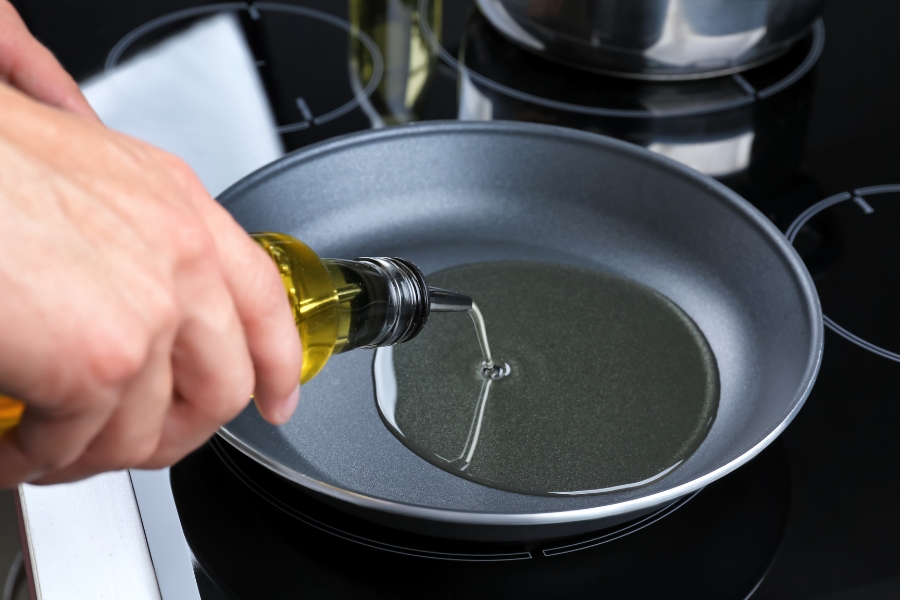
Overcooked and fried foods lose essential nutrients
Frying food in oil can be tricky because you must watch the temperature and time spent cooking. Healthline explains, "When oil is heated to a high temperature for a long period, toxic substances called aldehydes are formed. Aldehydes have been linked to an increased risk of cancer and other diseases."
Beyond this, overcooking food can take away some nutrients. In many cases, the longer a dish or ingredient is cooked, the more nutrients are lost. Overcooked foods are also harder to digest.
Nutrients that can be reduced during cooking include:
Vitamin A
Vitamin D
Vitamin E
Vitamin K
Vitamin C
Vitamin B1, B2, B3, B5, B6, B9, and B12
Calcium
Sodium
Magnesium
Potassium
How to cook without using oil?
Now that you have a solid understanding of why you should at least give oil-free cooking a try, where do you even start?
As Forks Over Knives recommends, start by figuring out the right cookware. Non-stick pots and pans, stainless steel pans, non-stick ovenware, and parchment paper are all helpful for cooking without oil. Picking out the right tools will help ensure food doesn't get stuck to your equipment and smooths out the process overall.
They say the next step is to decide which oil-free cooking method you want to use. This may differ from meal to meal, but you can quickly saute, stir-fry, bake, roast, and even deep fry food without oil.
The Center for Nutrition Studies has excellent plant-based tips for cooking without oil.
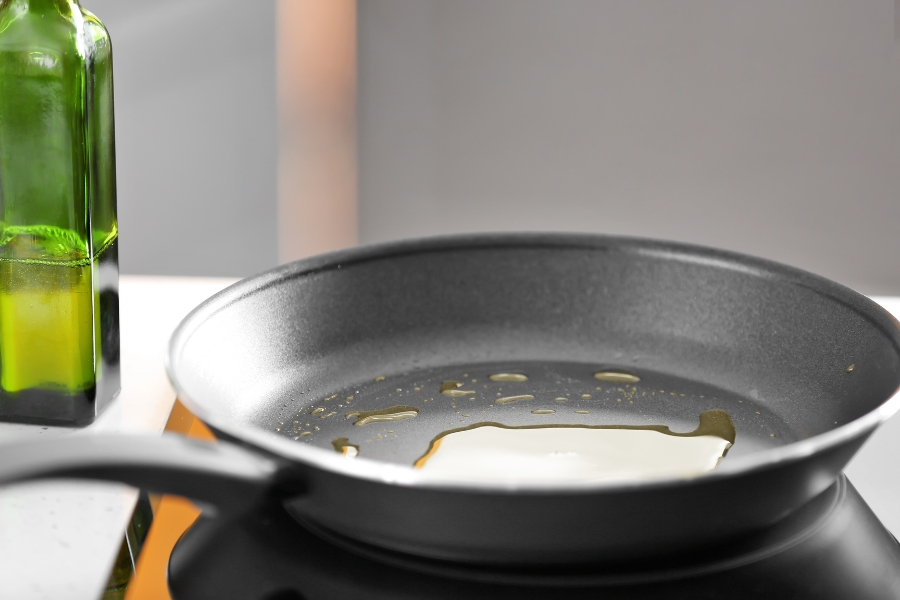
How do you saute or stir-fry your dish without oil?
Most people are used to using oil or butter to stir-fry or saute their dishes. Because this is the norm, it can be challenging to imagine using this cooking method without them. Instead of oil or butter, you can use water or broth.
When using oil, typically, you need to pour the required amount into the pan once. When replacing this with water or broth, you must add small amounts at a time, stirring occasionally. 1 to 2 tablespoons as needed until the food is cooked or browned should do.
How to bake without oil?
Fruit puree, vegetables, dairy-free yogurt, and almond flour make excellent substitutes for oil when baking. Popular choices include mashed bananas and applesauce, which can also be used to substitute eggs if you want to try that!
Coconut butter and nut butter can also be used, but they aren't always the healthiest options. If you've decided to cut out oil in hopes of making more nutritious choices and saving calories, try fruit puree first.
Fruit puree contains the same minerals, vitamins, and nutrients as fruit. You won't only be making a simple substitution, but a healthy one too.
How to roast without oil?
You can roast dishes without substituting oil for anything. If you take this route, you will want to bust out some tasty spices so your food doesn’t turn out bland.
If you want to try substituting oil, you can use another liquid, like vegetable stock, dressing, or water. If you add too much liquid, you risk steaming your dish instead of roasting it. You'll want to lightly toss whatever you roast in this alternative liquid instead of drenching it.
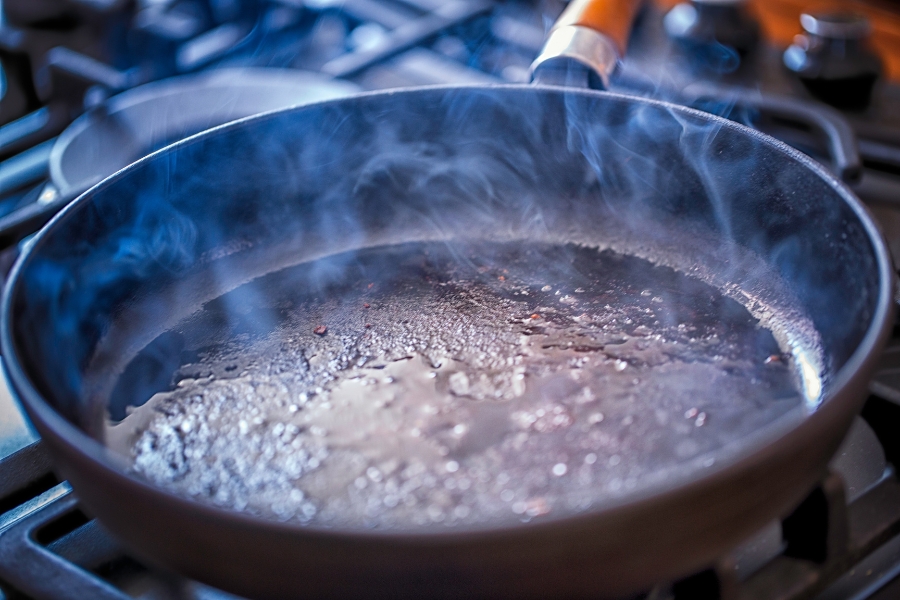
How to fry without oil?
This one sounds the most strange, but then again, maybe not. There was a time when frying food without oil was unimaginable. How else would your dish become the perfect level of crispy and well-cooked? These days, with the air fryer's popularity, this is a fairly common practice.
Many people enjoy preparing plant-based protein using an air fryer instead of using a large amount of oil in a pan on the stove. For example, a popular method for cooking tofu without oil is dipping it in cornstarch or tapioca flour before placing it in the air fryer for 10 to 15 minutes.
Baking is an excellent alternative to frying. Forks Over Knives explains, "You can even bake up delicious (eggless) breaded patties or veggies by lightly dipping them in a slurry of arrowroot powder or cornstarch mixed with either water or unsweetened, unflavored plant milk and then coating them with whole-grain bread crumbs or cornmeal."
Why fry onions without oil?
Frying onions without oil offers several benefits, both for health and culinary purposes. Here are some reasons why you might want to consider this cooking method:
Healthier option: Traditional frying methods often involve using a significant amount of oil, which adds unnecessary calories and unhealthy fats to your dish. By frying onions without oil, you can reduce the overall calorie and fat content of your meal, making it a healthier option, especially for those watching their weight or managing health conditions like high cholesterol.
No risk of overheating oil: When oil is heated to high temperatures, it can release harmful compounds and free radicals, which may pose health risks. By skipping the oil altogether, you eliminate the risk of overheating and potentially harmful chemical reactions, promoting safer cooking practices.
Enhanced flavour and texture: Frying onions without oil allows them to caramelize and develop rich flavours naturally. The absence of oil encourages the onions to release their natural sugars and develop a deeper, sweeter taste. Additionally, cooking onions without oil can result in a crispier texture, adding a delightful crunch to your dishes.
Dietary preferences and restrictions: Cooking without oil is a preferred method for individuals following certain dietary lifestyles, such as whole food plant-based and weight loss diets. By omitting oil, you can adhere to dietary restrictions or preferences while still enjoying flavourful and satisfying meals.
Onions fry just fine in their own juices: Onions contain natural moisture that helps them cook and caramelize effectively without the need for added oil. When sliced and cooked over medium heat, onions release their juices, which act as a natural cooking medium. This method preserves the integrity of the onions while imparting a delicious flavour to your dishes, making it a convenient and flavourful option for oil-free cooking.
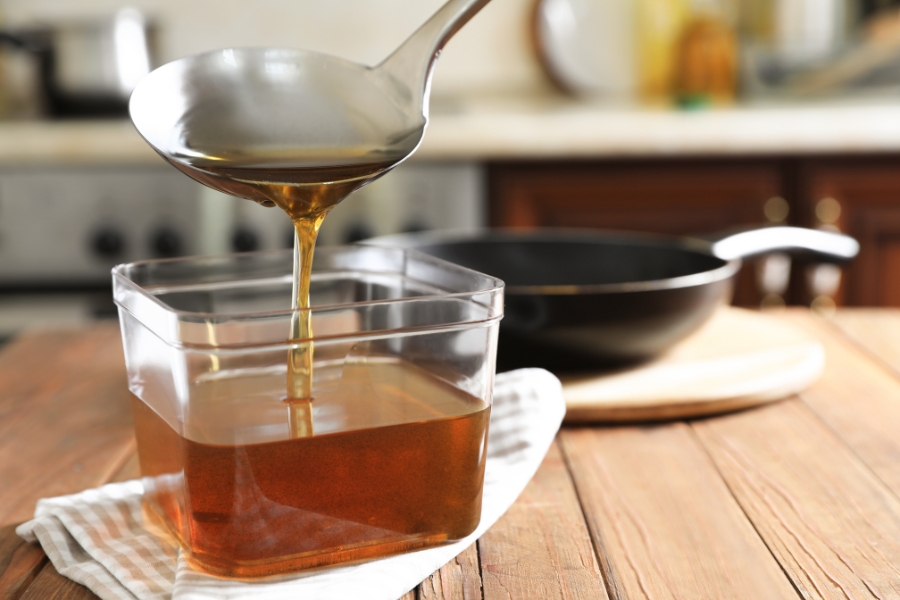
Frequently Asked Questions
When changing up your routine, it's only natural to have questions. Cooking with oil is popular, so it might seem daunting to navigate a world without it. To ensure we've covered your questions about oil-free cooking, we've answered some frequently asked questions below.
Please note however, that this is a highly controversial and contentious topic for some: The experts are divided, the jury is out, and the online trolls and industry lobbyists are having an absolute field day with it.
This is hardly surprising, given the global cooking oil market is predicted to rise from a staggering US$ 217.5 billion in 2023 to almost US$ 365 billion by the end of 2033. So, obviously, there's an awful lot of money at stake.
Don’t be too alarmed. Just because the edible oil industry is planning to profit from causing an obesity-crisis afflicted world to nearly double its consumption of the highest calorie substance on earth in just over a decade, doesn’t mean we all have to fall for it, hook, line and sinker.
Are there oils that are healthier than others?
Plant-based oils are the healthy option, compared to animal fats. According to the American Heart Association, healthier options include:
Canola
Corn
Olive
Peanut
Safflower
Soybean
Sunflower
Vegetable
However, many of these oils are the usual suspects also appearing in lists of cooking oils to limit or avoid! Confusing, right?
While some nutritionists have argued against it, extra virgin olive oil seems the most healthy option. This version of olive oil is the least processed and retains vitamins and antioxidants. We recommend organic cold-pressed extra virgin olive oil, if you're looking for the cream of the crop.
Health.com has a much simpler list, ranking olive, avocado and sesame among the best cooking oils for health, along with canola, corn and soybean oils as the worst.
Which oils are the most unhealthy?
Lard, butter, coconut, soybean, corn, canola, and palm oil are the least healthy oils. Many people assume coconut oil is healthy based on its name alone, but it has been shown to raise cholesterol levels more than other options. Coconut oil is 90% saturated fat, and lard is 40%.
Highly refined vegetable oils like canola, corn and soybean, along with low smoke point oils like flax, walnut and and pumpkin seed oils should be avoided for cooking.
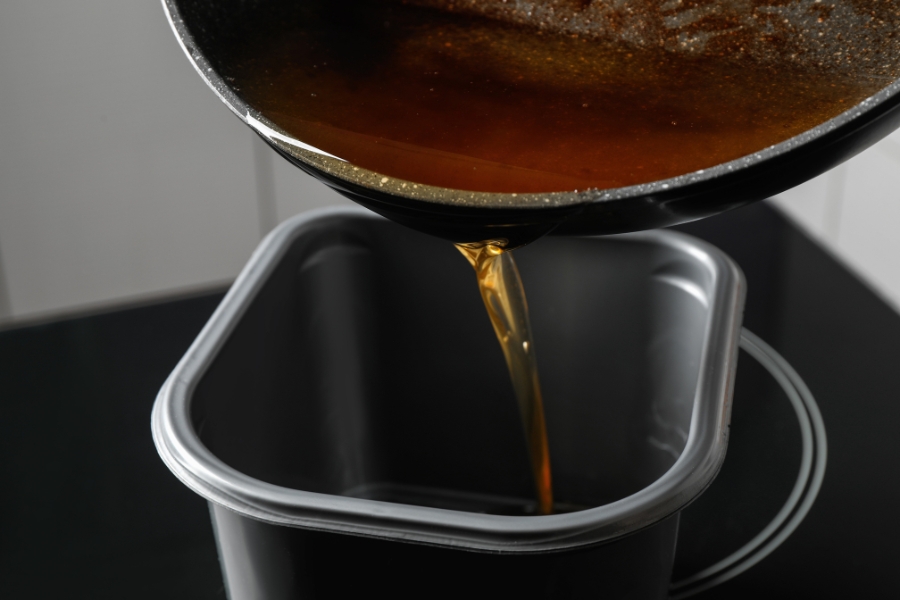
Is cooking oil vegan?
Not all cooking oils are vegan, but most are. Vegan oils are derived from plant-based sources, including nuts, seeds, and legumes. They include peanut oil, sunflower oil, sesame oil, canola oil, coconut oil, and olive oil. To stick to a vegan diet, you will want to skip butter, ghee, lard and any animal-based and fish oils.
What can replace oil in baking?
Mashed bananas, applesauce, yogurt, or nut butter can replace oil while keeping baked goods moist.
Is palm oil vegan?
Palm oil is technically acceptable for vegans because it comes from plants, not animals. Many vegans choose to skip products that contain palm oil because the production of this oil carries a devastating impact on the planet and the animals who reside in these areas. Palm oil is also high in saturated fat, making it a pretty unhealthy oil.
The Bottom Line
Many plant foods, including nuts, seeds, and avocados, are used to make oil. According to Nutrition Studies, consuming oil rather than the food it's extracted from strips away a lot of the good qualities. Nutrients do not fuel the body in the same way when we isolate them instead of eating the whole food.
Oils can be healthy in small doses, but cutting back might be a good idea. As you can see, plenty of ways exist to plan tasty meals and indulge in baked goods without it. Don't think too hard about the switch, and try these other cooking methods. It may take some getting used to, but you'll be cooking delicious meals without oil in no time.
There is a lot of mixed information regarding the nutrition of oils. Cutting out oil may sound extreme, but it can be one of the best decisions you can make for your overall health. You'll feel much better inside and out if you skip greasy and oily dishes. Use these helpful tips to give oil-free cooking a shot and see the many benefits for yourself.
By all means, enjoy an occasional drizzle of extra virgin olive oil or sesame oil on your dish in moderation, just don't overdo it. Don't forget: Cooking with oil can quickly kill any nutritional benefit it may have had, the rest is just unnecessary, empty calories.
The Final Word:
Some fats are not just healthy; they are literally essential, while some other fats are not just unhealthy; they are carcinogenic. Get the majority of your essential, good-for-you fats from whole, plant-based food sources such as coconuts, avocados, nuts and seeds.
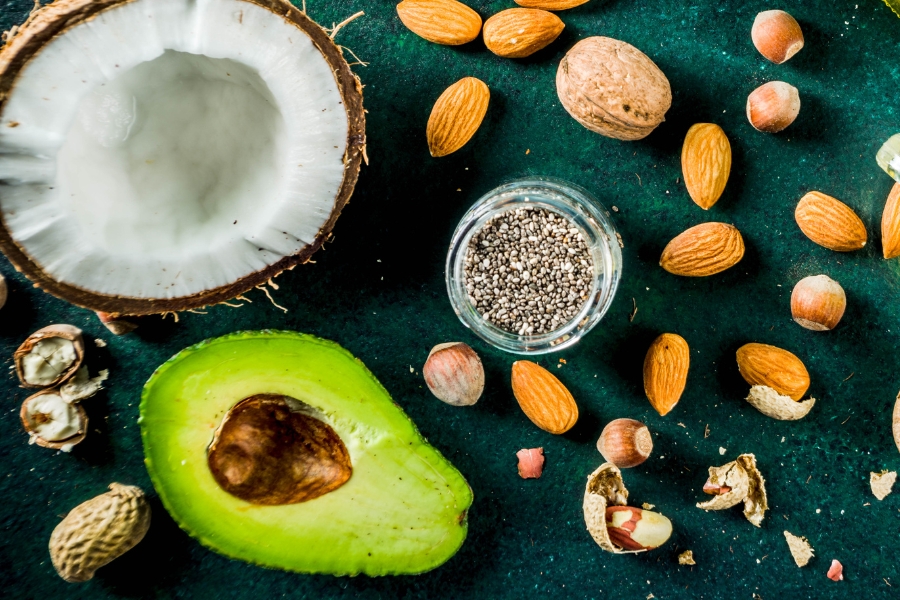
💚 "Happy Plant-Based Eating & Exercising!" 💚

Plant-Based Susy
Plant-Based Nutrition Professional & Weight Loss Coach
Empower Yourself: Embark on a Delicious Fat Loss Adventure

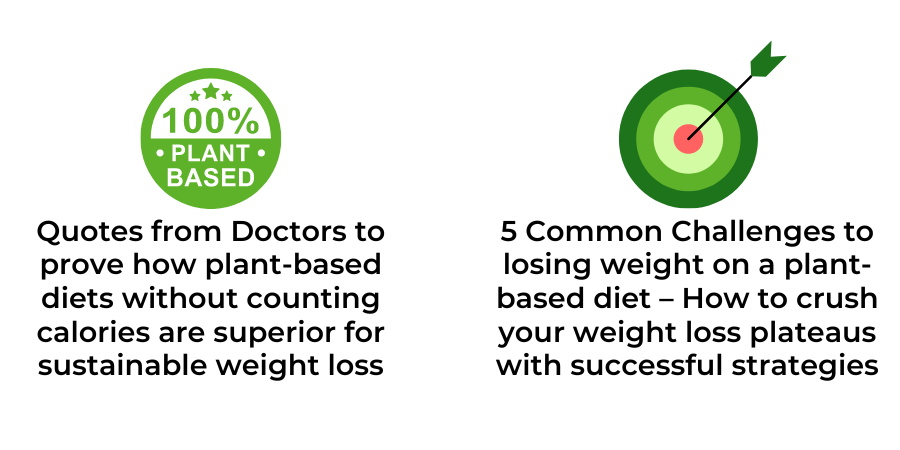
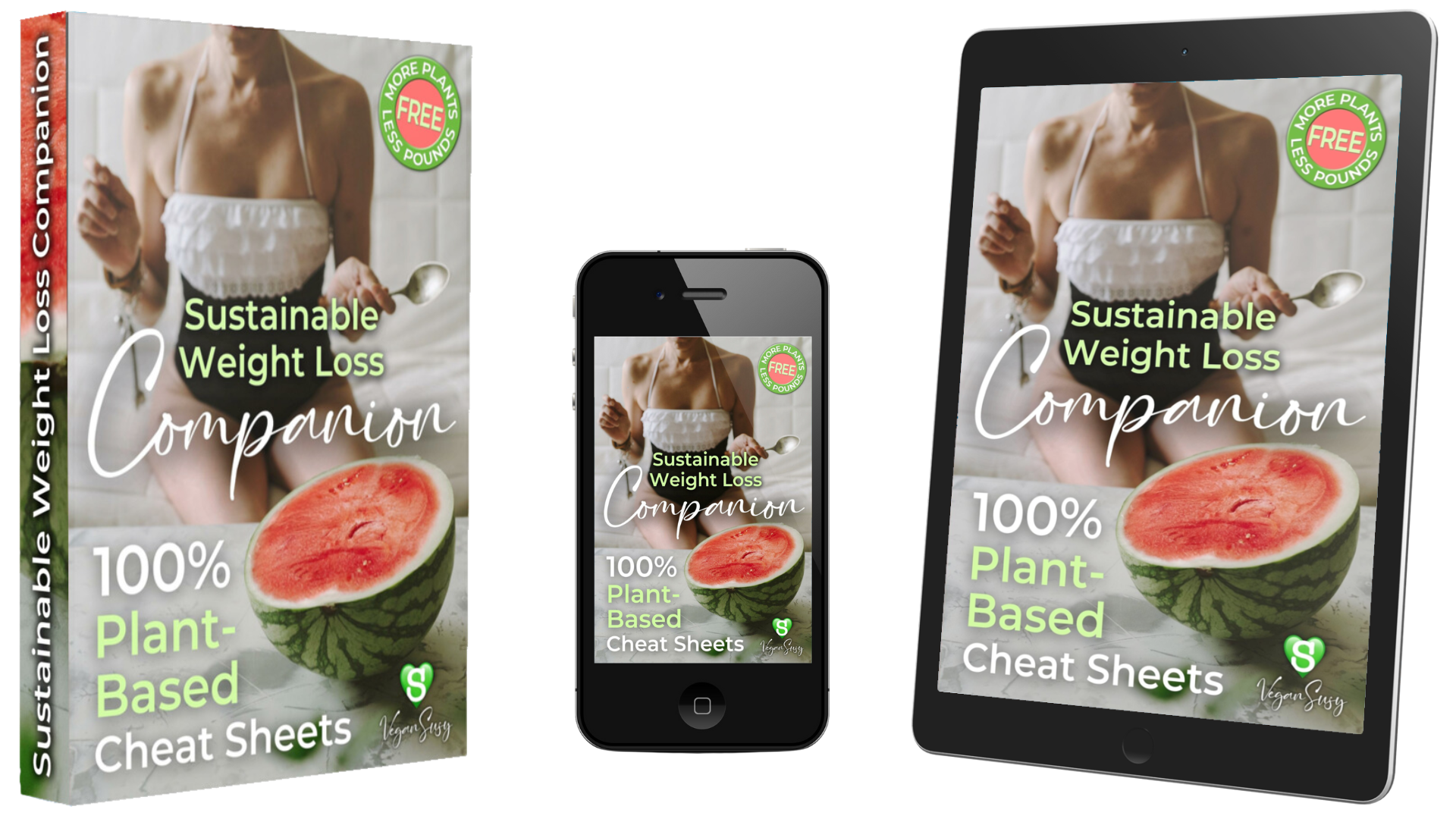
🍉 Get Ready to Jump Start Your Fitness Goals AND DISCOVER A HEALTHIER YOU!
🍉 Let's Make Your Fat Loss & Optimum Health Journey a Delicious Success Story!
🍉 Get The FREE Sustainable Weight Loss Companion eBook and CHEAT SHEETS!
More Free Resources
Unlock Your Transformation Today!
© 2025 VeganSusy Ltd. All Rights Reserved


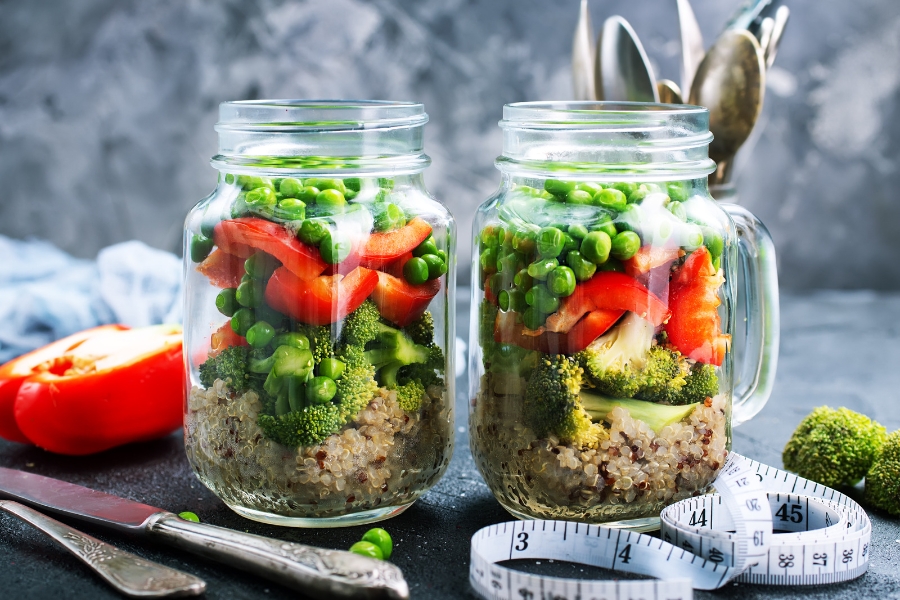
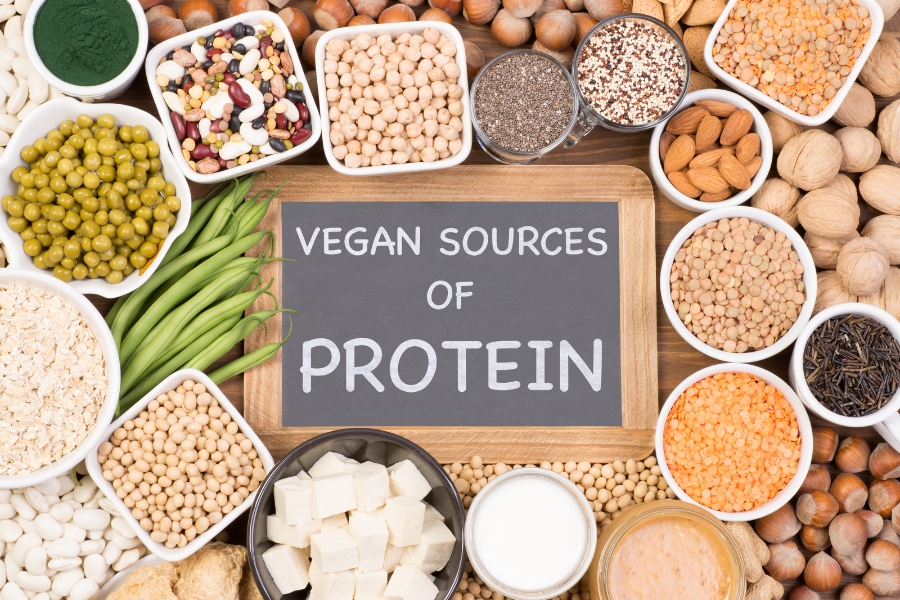

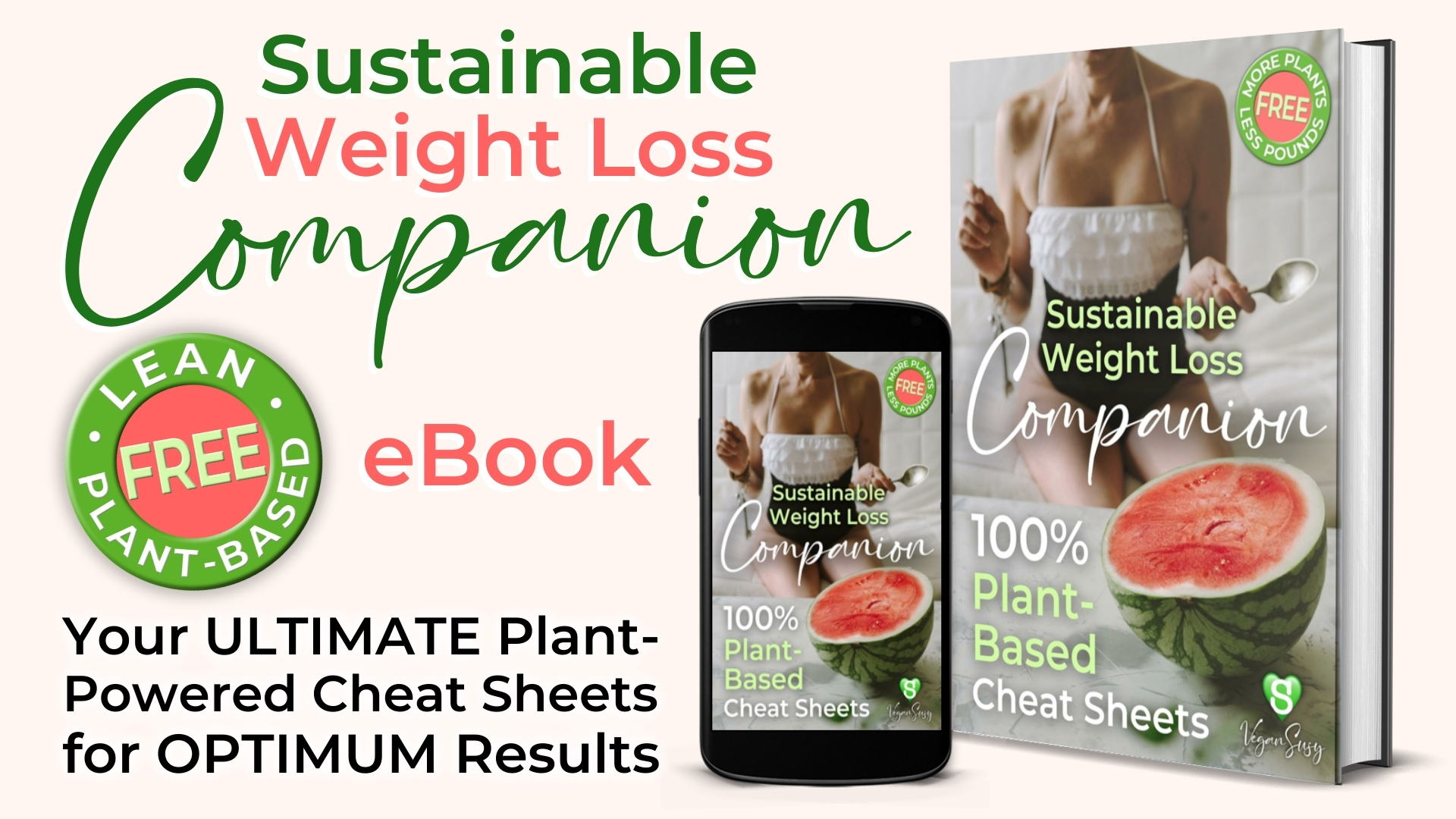





Facebook
Instagram
Youtube
Pinterest